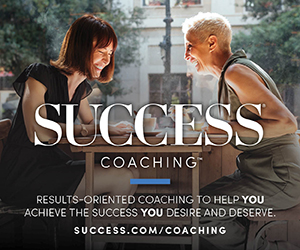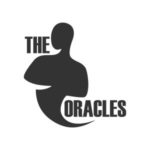No one ever made it to the top without encountering challenges or setbacks along the way. Fail enough times and you’ll eventually succeed.
Related: 12 Empowering Lessons About Failure
These seven entrepreneurs share the biggest failure from their past, and how their learning experiences can shape who you are today.
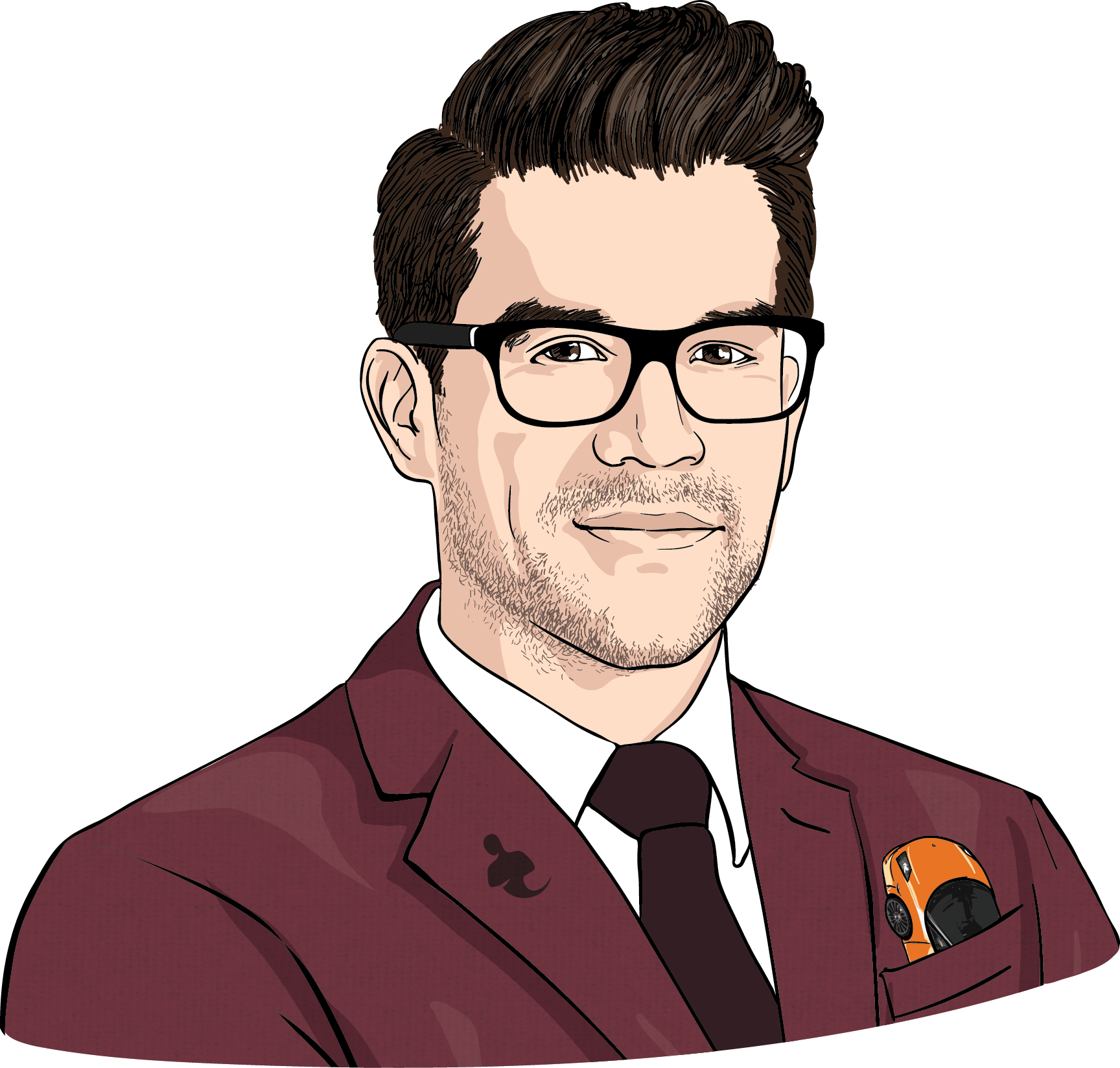 1. I didn’t experiment enough.
1. I didn’t experiment enough.
My biggest failures came from when I didn’t experiment enough and made hasty decisions on a “hunch.” Sometimes hunches and intuition can lead you astray.
In 2009, one of my businesses had been running for three years. It finally hit me that I should experiment with the price we charged. My marketing team ran an A/B split test. One week later, I got a text about the results: “I’m not sure you’re going to want to hear this.” The text explained that we should have charged a higher price for the previous three years. That mistake cost us $8 million net.
That was a pretty painful lesson. Whenever launching a new business or product, always run a few A/B split tests on the price in the first month. In business, I’ve found this to be true: He or she who experiments the best and quickest usually wins.
—Tai Lopez, investor and advisor to many multimillion-dollar businesses, who has built an eight-figure online empire; connect with Tai on Snapchat, Facebook, Instagram or YouTube
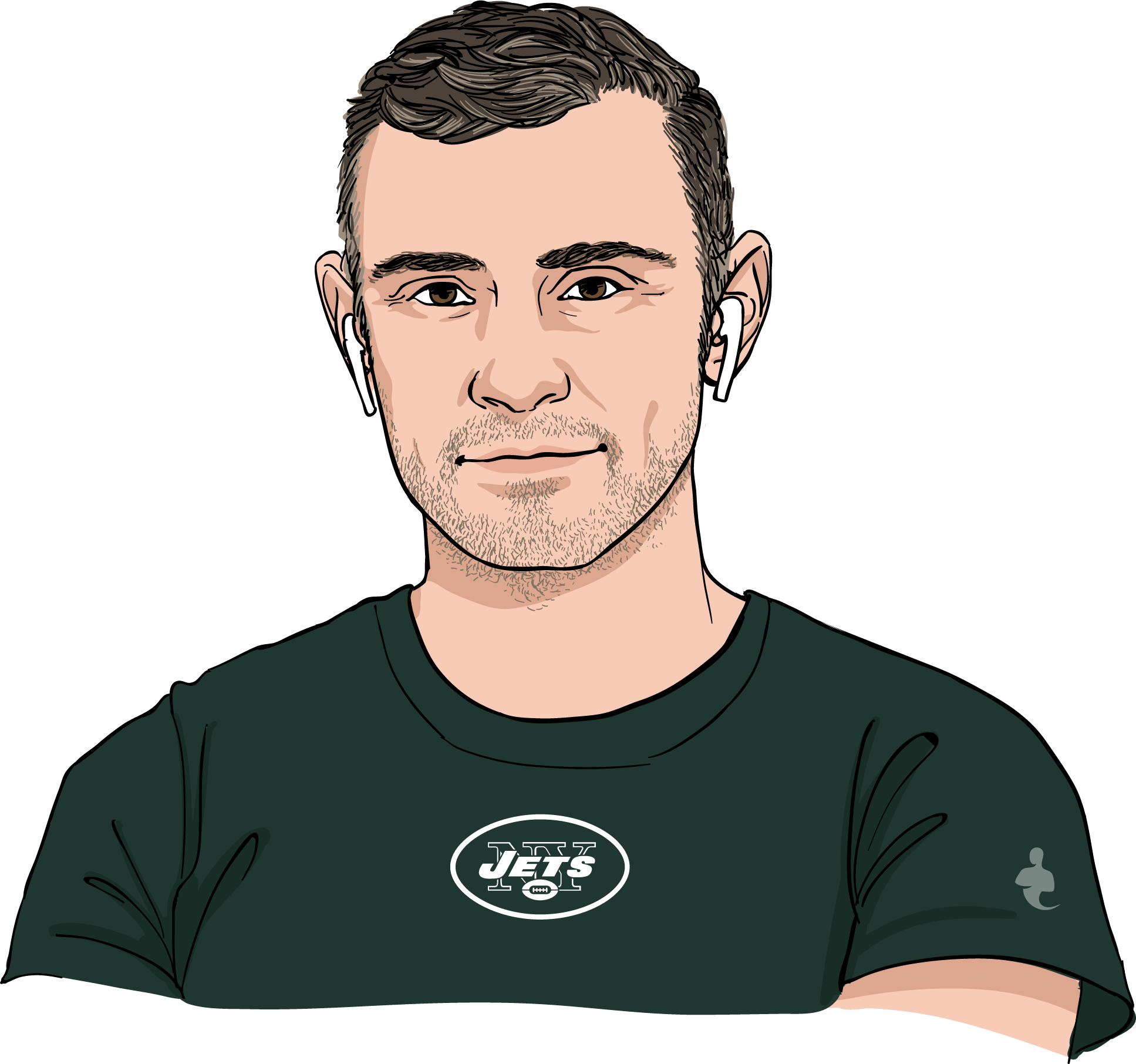 2. I stretched myself too thin.
2. I stretched myself too thin.
When I think “failure,” I think of when I stretched myself too thin. Between 2009 and 2011, I was investing a lot in new opportunities but gave too much of myself to those investments.
I picked partners based on the wrong criteria; those who needed more support besides the capital. I 100 percent thought I could make that commitment. I wanted to be as involved as possible. That’s when things went bad: I couldn’t involve myself enough in each company to make an impact.
With recent investments, I’m smarter. I work with people who have similar skills to mine so I can delegate more effectively.
What I’ve learned most is this: Delegation is all about ego. It’s not about giving away your weaknesses; it’s about being a good leader and knowing when to let go. Running a bigger organization means you aren’t going to be able to do every little bit of every project.
Are you trying to do too much? The No. 1 thing to recognize is that 99.9 percent of things don’t matter. If you can learn to let go and realize that most work is not that important, it becomes a hell of a lot easier to let someone else do it.
—Gary Vaynerchuk, founder and CEO of VaynerMedia (700+ employees with more than $100 million in annual revenue), New York Times best-selling author and mentor on Planet of the Apps
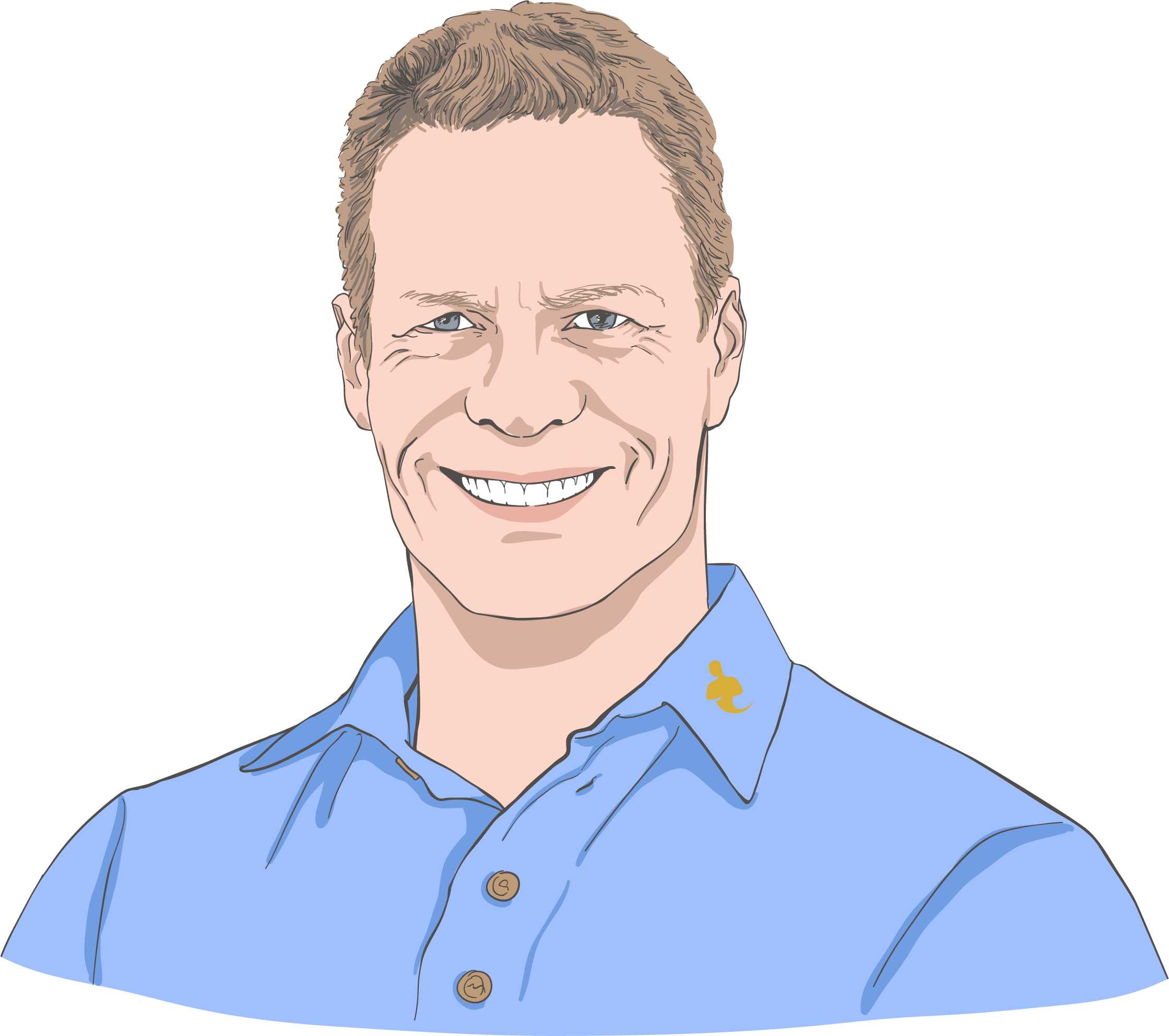 3. I was overly trusting.
3. I was overly trusting.
My own faulty thinking led to my biggest setbacks and blessings. One of my biggest blind spots has been around hiring the right people for the right roles.
I was very trusting and tended to hire people who were inspired by my work, presenting themselves as an operator or partner who could help my business get to the next level.
Being too impatient to run a thorough assessment to see if they were a good fit, I would dive into a relationship with hope and a prayer. When the inevitable letdowns occurred, I would prop them up, gloss over their shortcomings and hope even more that they would perform as advertised.
I cognitively understood the imperative to hire slow and fire fast to get the “right butts in the right seats,” but my blind spots caused me to ignore the rules. This led to a multi-year setback via a series of disastrous exits—replete with nastiness, stolen business and bruised egos. I now rely on a strict vetting process, which has transformed culture and financial metrics.
Learn to expect setbacks based on your biased or flawed thinking. Be always on the lookout for mental traps and the deep lessons that lie in the aftermath of setbacks they cause.
—Mark Divine, retired U.S. Navy SEAL commander, founder of SEALFIT, Unbeatable Mind and The Courage Foundation; New York Times and Wall Street Journal best-selling author; follow SEALFIT on YouTube, Facebook or Instagram
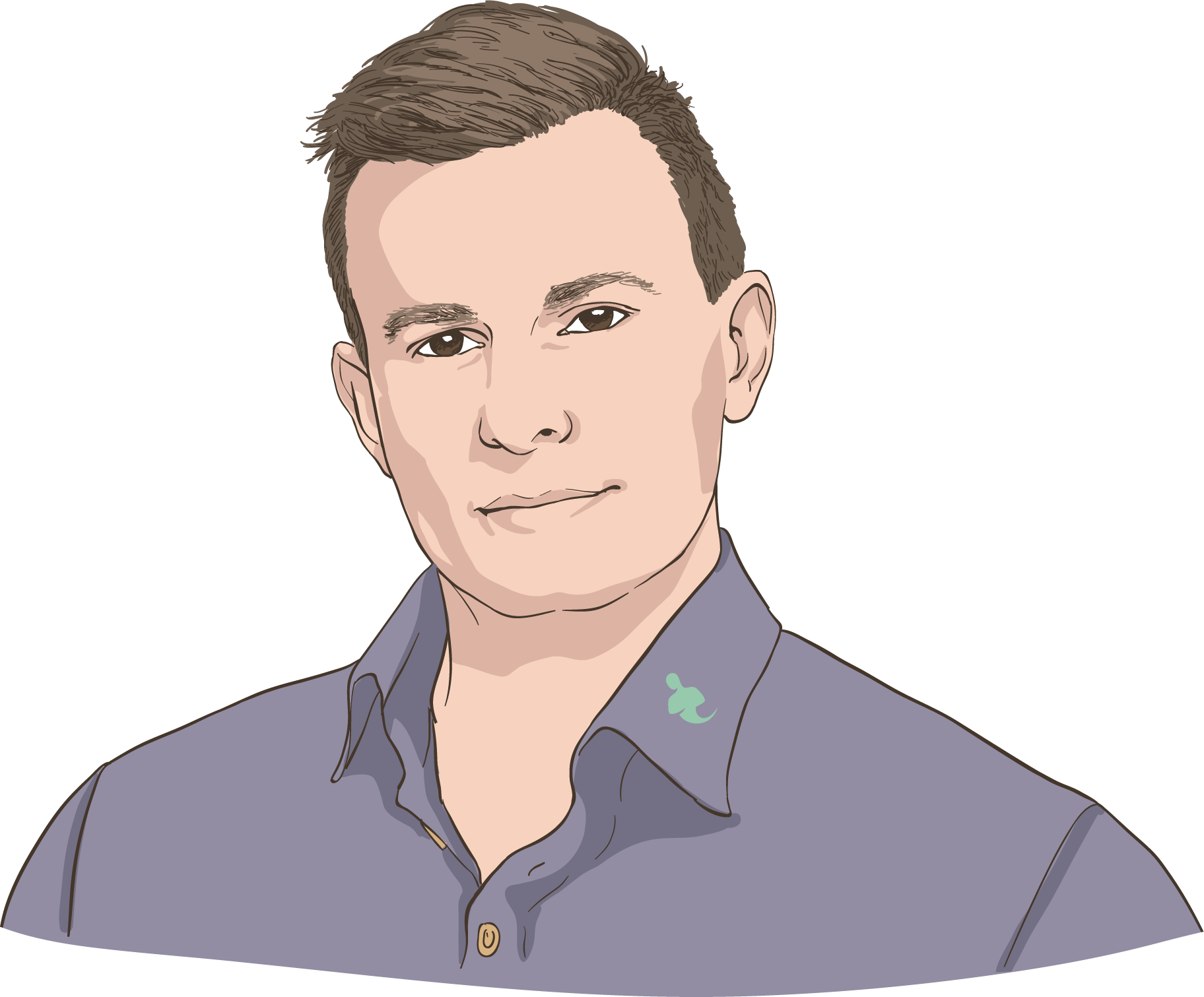 4. I was afraid of failing.
4. I was afraid of failing.
I used to be afraid of failing. It stemmed from a deeper fear of judgment of not being good enough.
It took me six months to create one of my first online programs. I sat for hours in front of the computer screen procrastinating, underpinned by that fear of failure. Then I launched the program, and ironically, it was a complete flop. Despite wasting so much time perfecting the program, nobody wanted it.
Then I realized this: Your greatest learnings come from failure. Greater success comes from learning. Rather than being afraid of failure, I embraced that failure creates success.
If you’re working on a big project, stop looking for perfection and embrace the idea of daily progression from both failure and success. Failure is never the problem, but giving up is.
—Michael Johnson — The Mojo Master, speaker and mindset coach for professional athletes and elite entrepreneurs who manage over $1 billion of business and investments; follow Michael on Facebook
Related: 10 Things Successful People Never Do Again
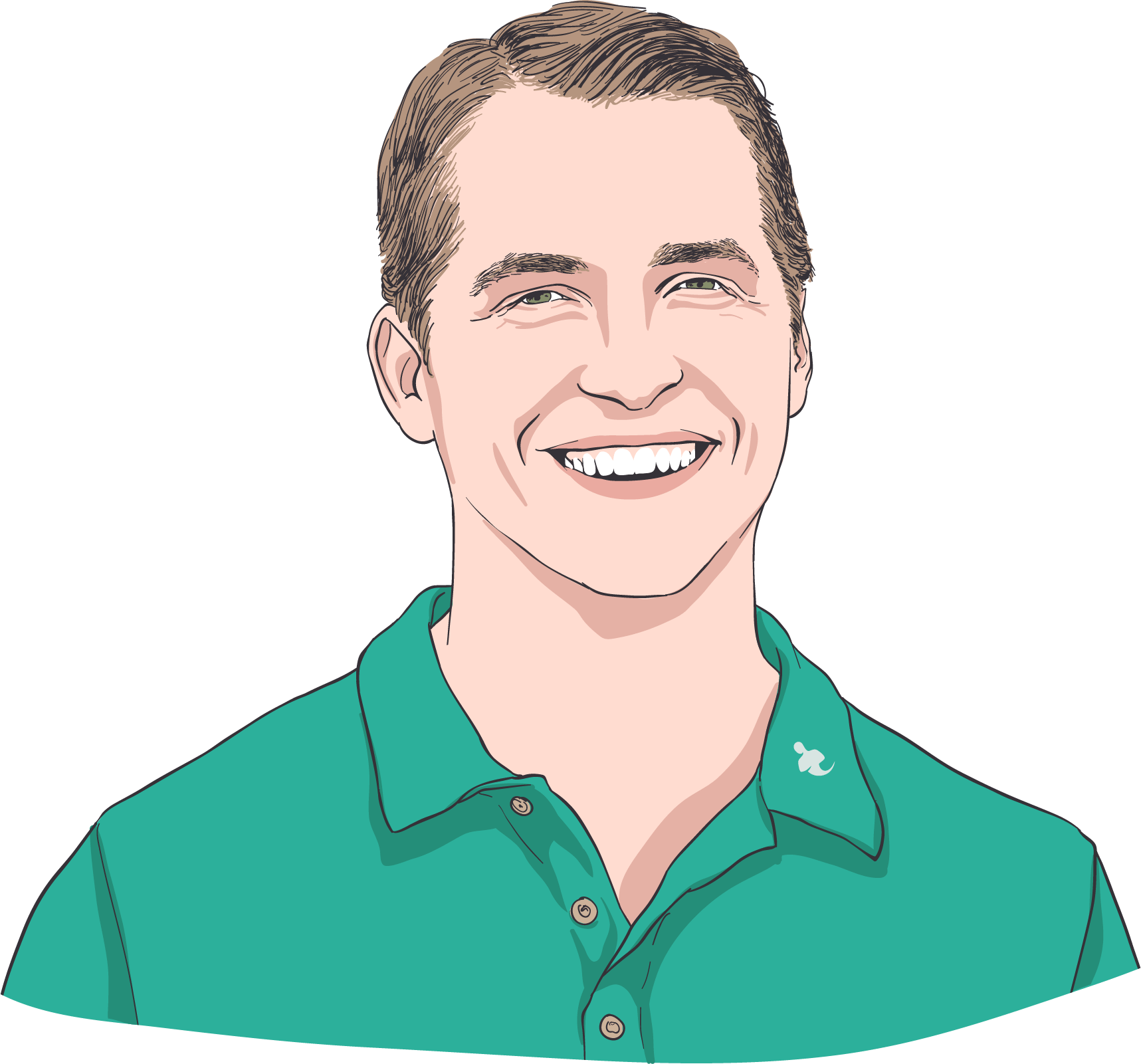 5. I wasn’t strategic.
5. I wasn’t strategic.
When I first got started, I partnered with my best friend. I overlooked the skills mismatch because I figured our relationship would get through any issues.
It became apparent that his way of serving clients didn’t match the rate I charged clients. I tried to make the relationship work way longer than I should. Eventually, it cost me time, money and most important, my reputation.
I learned to never partner with someone because it was the easy choice. I learned to be more strategic about potential partners and vet them carefully.
Ask yourself…
- Is this person bringing something to the table that will save me time, money and give me speed?
- Will equity now become overly expensive later?
- Will the upside exceed the equity I have to give up?
Only then, proceed.
—Joshua Harris, founder of Quantum Jump Consulting; started first business at 12 and now teaches entrepreneurs how to start and grow a digital marketing business from scratch
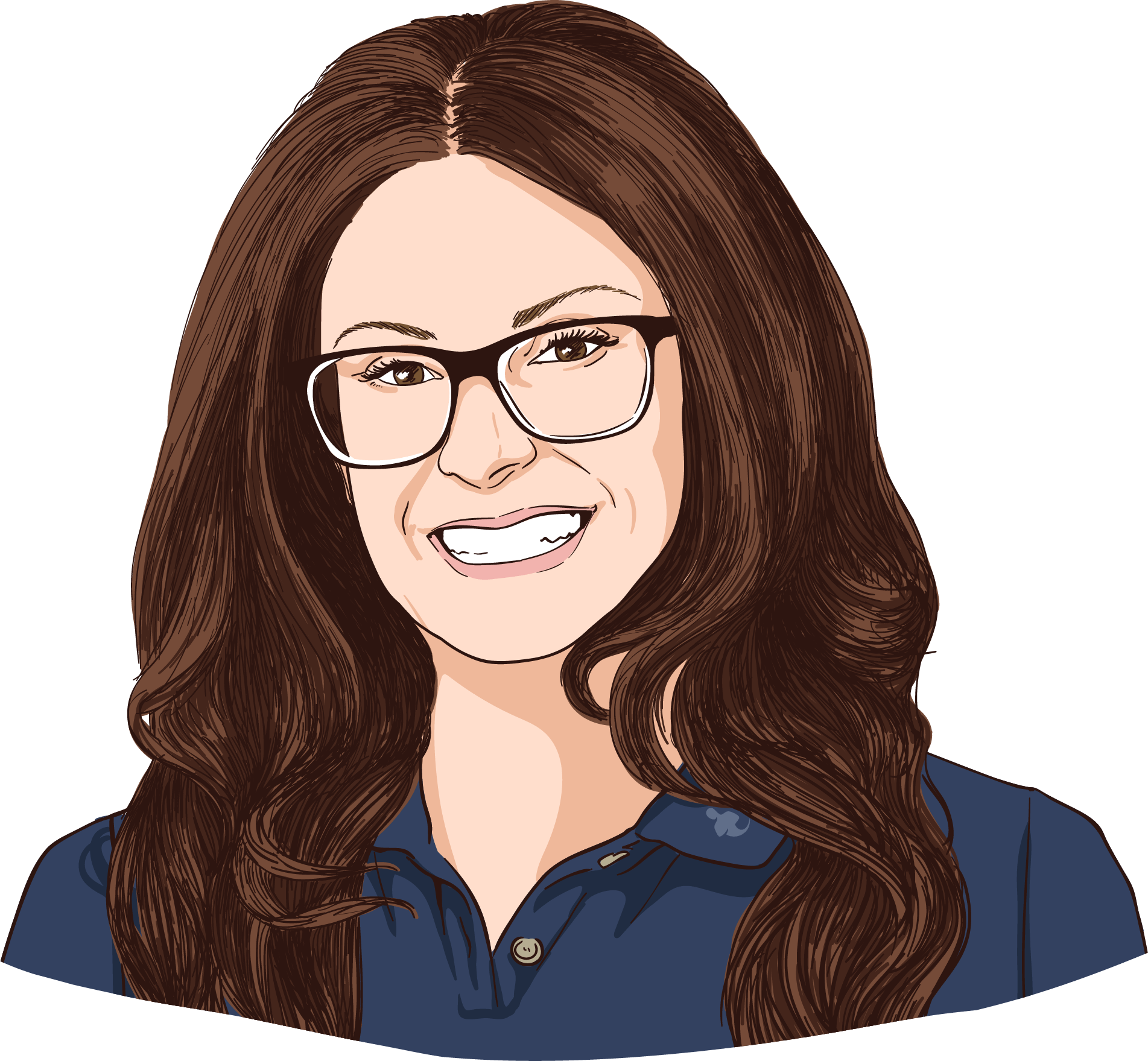 6. I didn’t believe in myself.
6. I didn’t believe in myself.
Several years ago, I worked on a case that I thought was out of my league. My client was looking at a “third strike,” meaning life in prison for a stupid mistake that only hurt himself. Feeling a pang of anxiety about the high stakes, I hired a more seasoned attorney.
I remember sharing an idea that the attorney immediately scoffed at, saying, “No way, you’ll never be able to do that.” But my intuition told me that my idea was worth a shot, and it worked. The prosecutor agreed that my client was a good person and his mistake didn’t warrant the serious charges.
If you’re faced with a seemingly overwhelming situation, take a step back, detach and look at the big picture. You know that nobody cares more about your client or project than you. Use that as fuel to believe in yourself. When I have a gut feeling about a case, I recall that one case where not trusting myself could’ve landed my client in prison for life. You owe it to yourself to explore your ideas, no matter how out of the box they seem.
—Nafisé Nina Hodjat, founder and managing attorney of The SLS Firm
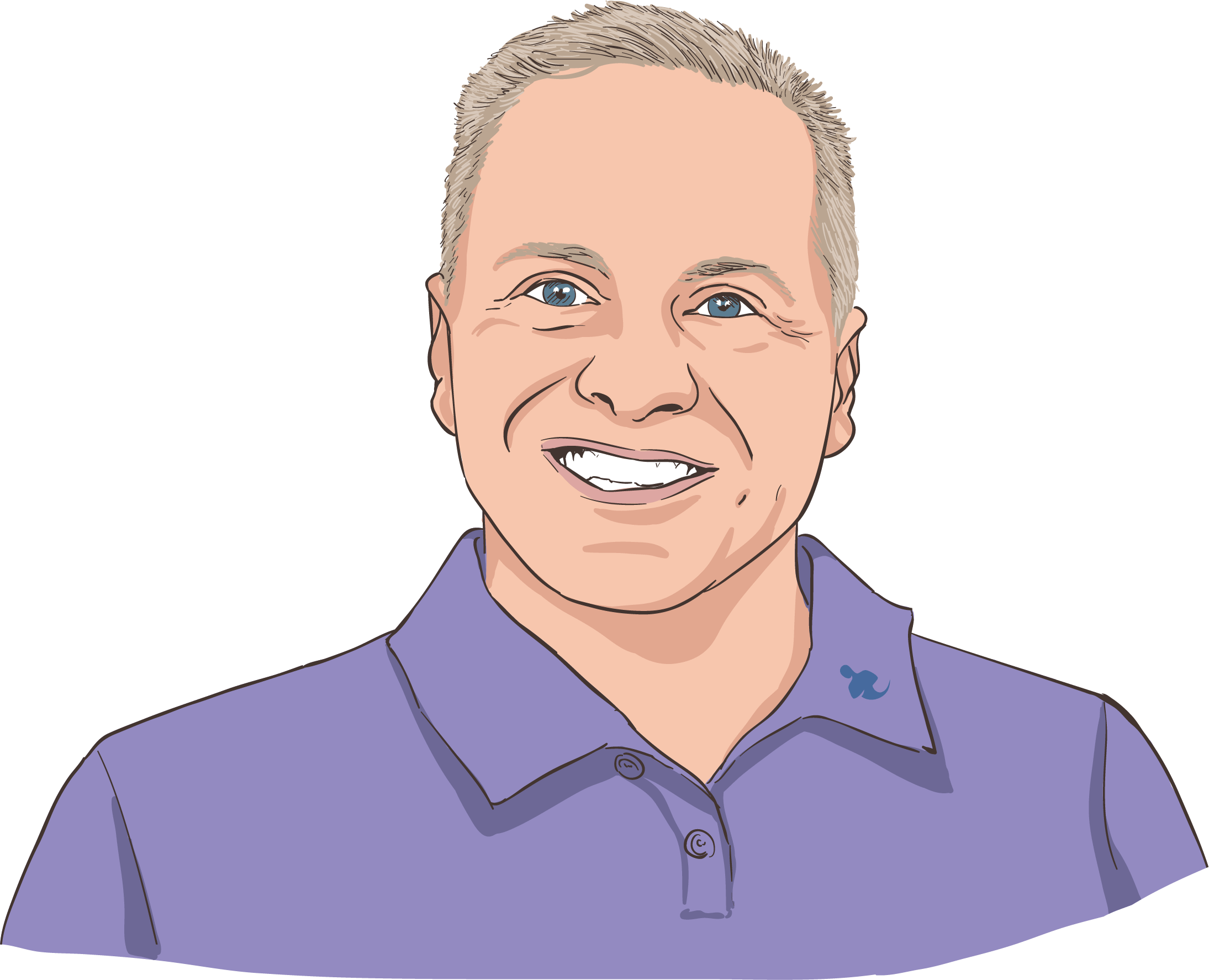 7. I didn’t get my numbers right.
7. I didn’t get my numbers right.
Just because a project or contract has a significant dollar amount at the end doesn’t mean your profits will be big. I learned this costly lesson the hard way.
My eyes lit up at the opportunity to build a seven-figure project in New York City. We completed the job and lost $300,000. I didn’t do enough due diligence to get my numbers correct.
The moral of the story is that bigger isn’t always better. Bigger is only better if you know what it’s going to cost. Don’t be a hard head like me and let the money burn before you learn.
— Steve Griggs, founder and CEO of Steve Griggs Design; New York City’s premier landscape designer transforming backyards and rooftop gardens into private getaways
Related: 7 Mistakes These Successful People Will Never Make Again
The Oracles is an invitation-only brain trust comprising the world’s leading entrepreneurs who share their top advice and success strategies to help others grow their business, live a better life, and achieve success faster.


